Every year, the Cambridge Dictionary rolls out new additions to its catalogue of accepted terms, and just as the English language is always changing, so is that catalogue.
But admittedly in recent years, the Cambridge Dictionary and Merriam-Webster have both had some validating and interesting additions, like updating their definitions of "woman" and "race," as well as adding "first husband" while Vice President Kamala Harris was in office.
But 2025 brings some interesting additions, and that's all due to the growing lexicon popularized by social media, especially TikTok.
If you've ever watched videos by popular influencers who boast tens of millions of followers, you've likely heard some common phrases, like being "delulu," sharing today's "lewk," being a "tradwife," or a situation being just a little bit... "skibidi."
Each of these terms, along with approximately six thousand others, was added to the Cambridge Dictionary this year.
Most of these are plays on, or abbreviations of, standard words.
"Delulu" operates from the same definition as "delusional," while "lewk" is playfully synonymous with an outfit "look," and "tradwife" is short for "traditional wife," a married woman who practices a more conservative, "traditional" role as a glamorized stay-at-home wife who cooks, cleans, and cares for her children while her husband works to pay the bills.
But the definition of "skibidi" is hard to tie down. Sometimes it means something "good" or "cool." Sometimes it means something "bad." And sometimes it means something a little weird or unexplainable, something you might call a little bit "skibidi."
Here is one example of how the inclusions are being discussed, this one on BBC Breakfast:
this is actually insane pic.twitter.com/fZvSMcIGNG
— Chief (@chiefflips) August 18, 2025
These inclusions left many people scratching their heads, since it seemed a little odd to include an original term, like "delusional" while also including its shortened, informal form, "delulu," simply because it's so popular on social media right now.
There's also no telling how long these terms will stick around, since trending videos, sounds, and even vernacular are constantly changing.
But "skibidi" is the word inclusion that left the most people concerned. Originally made popular by a YouTuber who creates "brain rot" videos, specifically to encourage views to "numb" and dissociate while watching, the term does not have a set definition, and so while it's included, it's likely that many people will misuse it.
And since including the word in the Cambridge Dictionary means that high school and college students can now use the term while writing a paper, you can see how this could be a problem.
Some were simply confused by the decision.
But others felt that this was a sign that we're all doomed.
While this is not necessarily a sign of things to come, and certainly not the end of anything, it's absolutely an interesting choice.
Language is constantly evolving, and with the prevalence of social media, it makes sense that some popular terms would be included. But it is a little weird to include a term whose definition remains somewhat ... "skibidi."

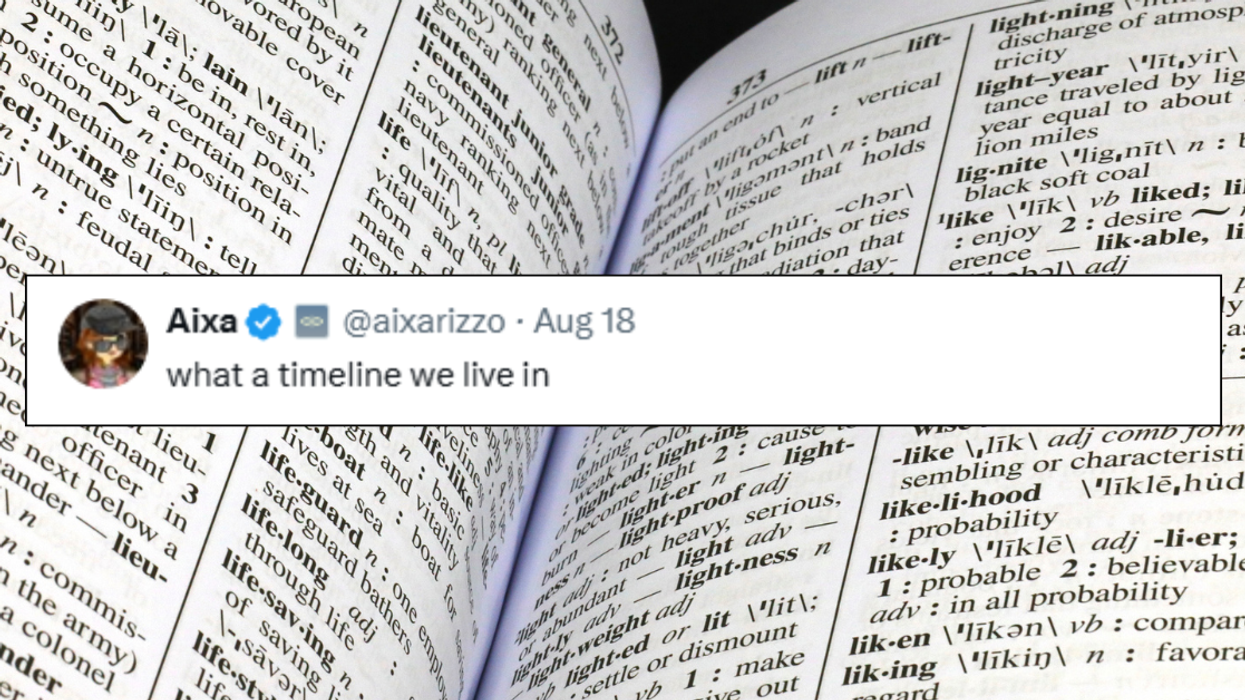

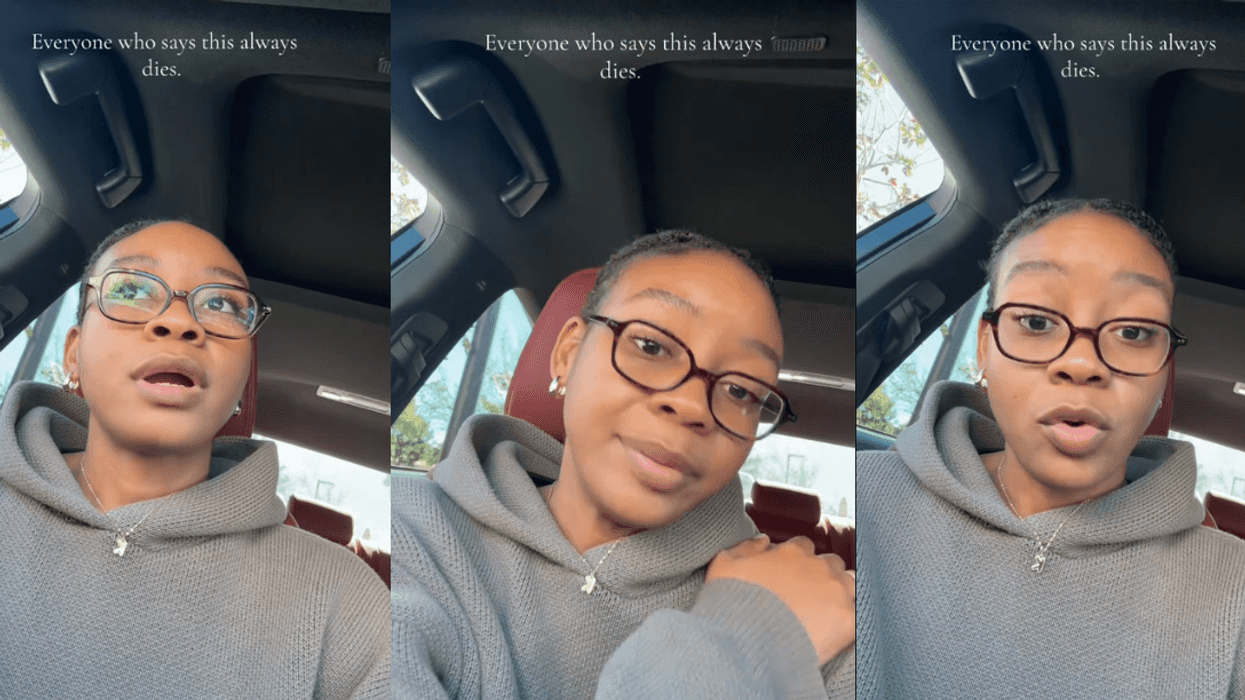
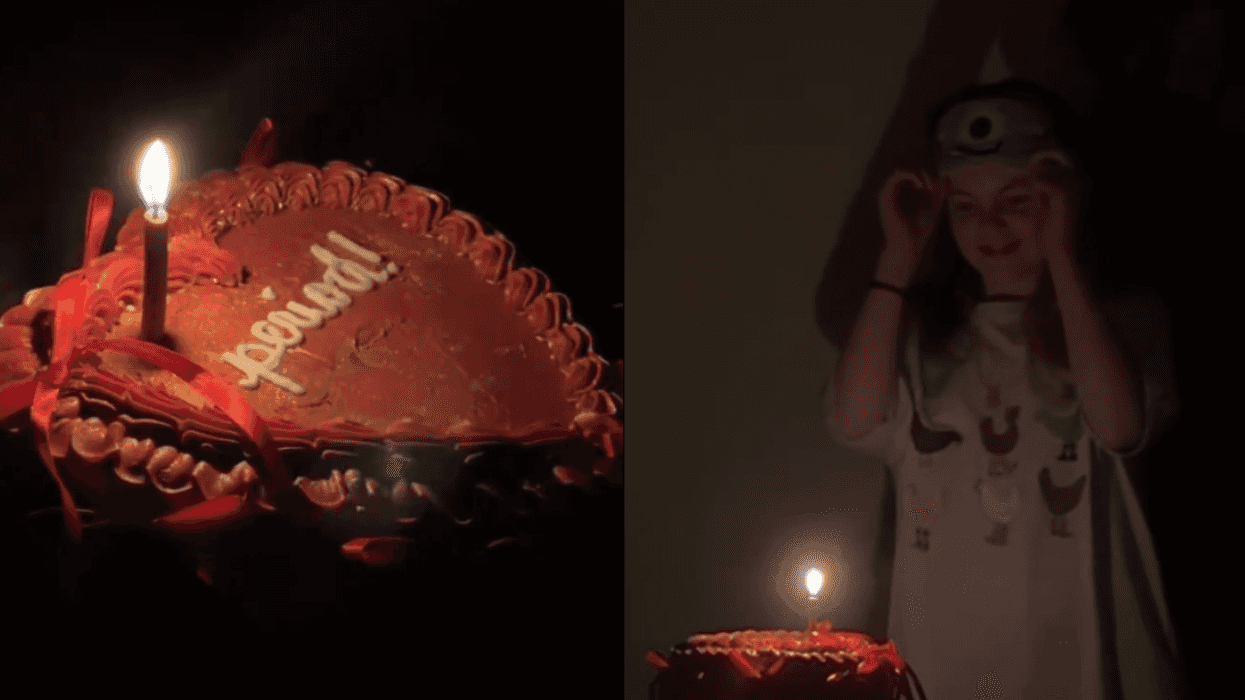








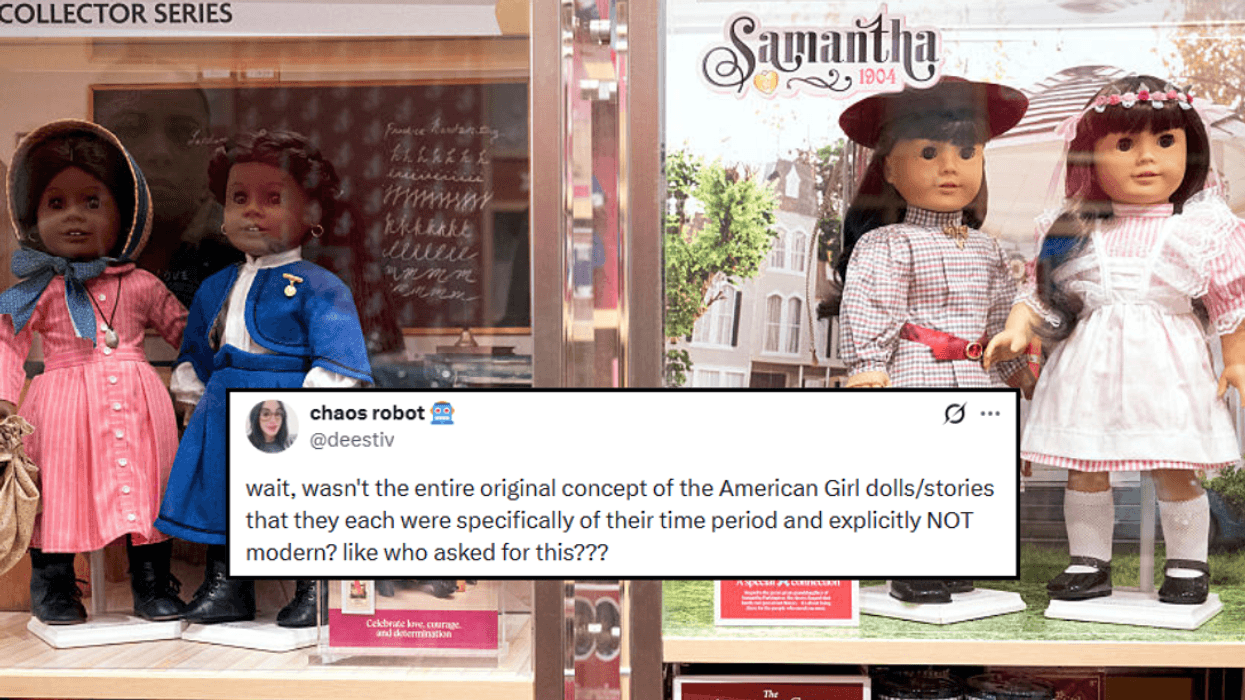


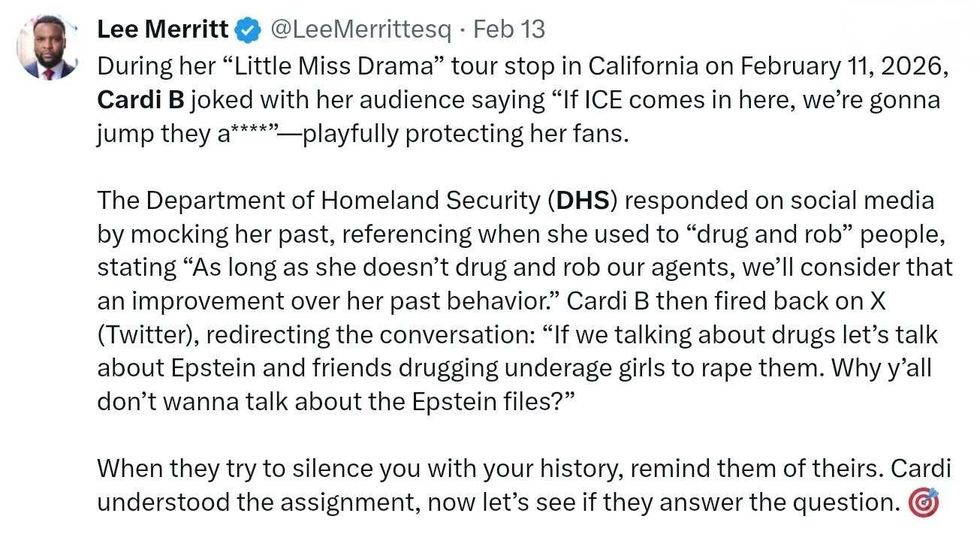 @LeeMerrittesq/X
@LeeMerrittesq/X @bob_moss/X
@bob_moss/X @jelanijones/Bluesky
@jelanijones/Bluesky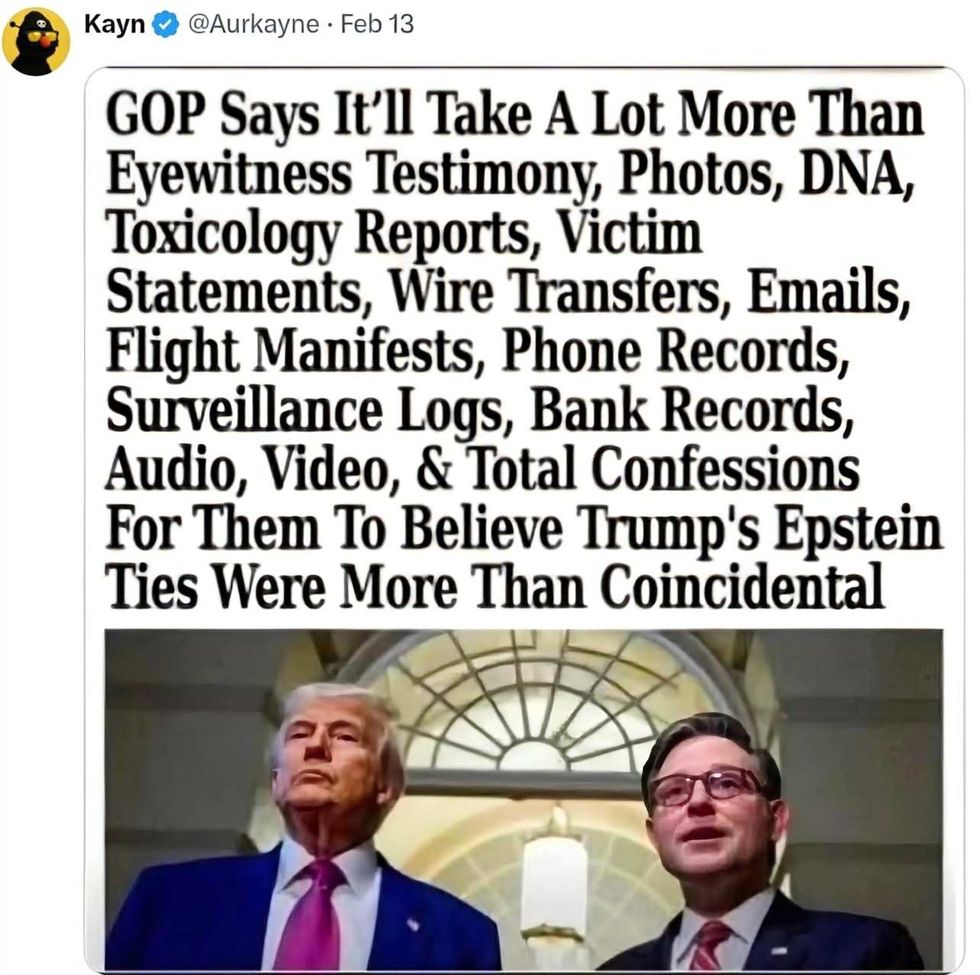 @Aurkayne/X
@Aurkayne/X @sadcommunistdog; @froglok/Bluesky
@sadcommunistdog; @froglok/Bluesky